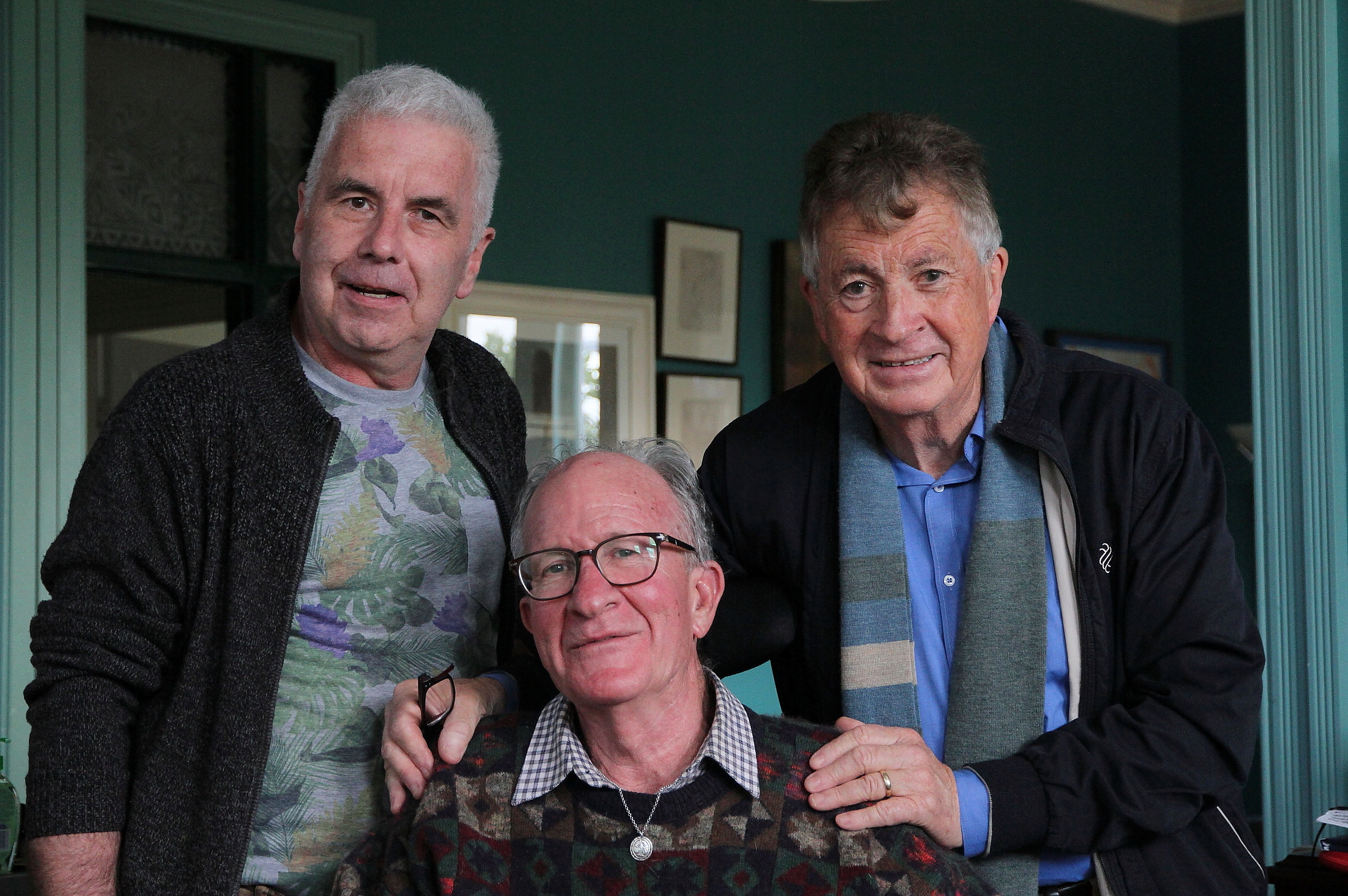What Auckland Transport isn’t telling you about road safety
I just watched a video of an appalling accident on Auckland’s southern motorway.https://www.nzherald.co.nz/nz/news/article.cfm?c_id=1&objectid=12212109
Some idiot in a fast car drove up a bus lane, veered behind the bus then ran into the back of a small SUV. Amazingly, no one was killed, but, like everyone who’s watched that video, I was appalled at the behaviour of this idiot.
According to Auckland Transport (AT), speeding is a major problem on our roads, which is why they intend to “dramatically” lower the speed limit on roads all over Auckland including 70km of roads in the central city including major arterials which will be reduced to a maximum speed of 30kmph. But wait: would a lower speed limit have prevented the accident I just watched? Almost certainly not. Speed limits are meaningless to idiots; you can lower the speed limit to anything you want, and they still behave like idiots.
There are many other examples: In late 2017, 20-year-old Farshad Bahadori Esfehani killed an innocent taxi driver when his Mercedes ran a red light in central Auckland. Esfehani was drunk, of course. What difference would the lowered speed limit have made to this fatal accident? The sad answer is: none.
In May of last year, 15-year-old Nathan Kraatskow was cycling on Oteha Valley Rd when he was knocked off his bike and killed by 18-year-old Rouxle Le Roux. Le Roux, who was on her learner’s licence, had been drinking and smoking marijuana before she hit Kraatskow.
What difference would the lowered speed limit have made to this fatal accident? The sad answer is: none. On January 28, 50-year-old Zhengwen Alan Hu was killed after his vehicle was rear-ended while waiting at the traffic lights at Tī Rākau Drive and Botany Road. What difference would the lowered speed limit have made to this fatal accident? The sad answer again is: none.
Last October, I sent Auckland Transport a number of written questions seeking the crash data that justified lowering the speed limit. Their response was evasive. AT officers said they could meet but would not provide anything in writing, saying: “the database contains confidential information”. In November I wrote again, repeating my request for a response in writing. In December, AT replied, saying my questions were difficult to answer but they were working on them and would reply by mid-February. They didn’t. I have since complained to the Ombudsman. Why is AT being so evasive? One can only assume it’s because the facts don’t support their agenda.
According to the government’s own studies: nationally, only about 15% of fatal accidents occur above the speed limit. The vast majority of these fatal speeding accidents are caused by someone who’s young and often blotto. The only exceptions are motorcycle deaths, which mainly target middle-aged men. Motorcylists are dying at a rate of about one a week.
Now let’s be clear: if AT is simply going to lower the speed limit in suburban streets where there are pedestrians everywhere, I have no problem. Who would? But when AT is proposing to reduce Auckland’s major traffic routes to a crawl without some pretty strong evidence, I have a big problem.
So why isn’t AT being straight about its plans? There is growing realisation that AT policy is being driven by unelected idealists, managers who are at war with four-wheeled vehicles, while actively encouraging two-wheeled vehicles. That would explain why AT is happy slowing cars down, while encouraging unsafe e-scooters onto our badly maintained footpaths. Pedestrians don’t seem to count.
Before you trust AT to solve our roading problems, look how ineptly they build cycleways. For example, AT plans to spend an eye-watering $23 million to $35 million to fix the controversial Grey Lynn–Westmere cycleway that they themselves built in 2017. Last year, a time-lapse video outside the West Lynn shopping village on Richmond Road on a fine weekday, showed that six cyclists used the cycleway between 7am and 8am. A further two cyclists ignored the cycleway and rode on the street.
So what can we do to lower Auckland’s appalling road toll, as more and more people crowd into the city? The obvious first step is to get people off the roads by making Auckland’s public transport affordable, frequent and reliable. But Auckland Transport imposes some of the highest train and bus fares in the world and has just increased them again. That helps explain why too many people still take cars: they have little choice. Third, we need to change our roads, so that bad behaviour doesn’t turn into road deaths. Drunk drivers don’t read speed signs.
Median barriers transformed the Auckland harbour bridge from a high risk road to a low risk road. A study by the Royal Society for the Prevention of Accidents concluded that lowering the speed limit, by itself, was often ineffective. However, the research is quite clear: changing the way that roads are built is a highly effective way of reducing risk. Speed bumps and chicanes regulate traffic. So do properly designed pedestrian crossings. Once again AT is in the wrong lane – travelling in the wrong direction.
This article appeared in the April edition of The Hobson, Ponsonby News and the NZ Herald.





Mike – I fully support your stance on AT and hope you continue to try and stop blanket speed restrictions because of a small minority that will still be dangerous at any speed.
Steve Fifield
Thanks Steve. I agree.
Fully support opposition to 30km speed limits
Keep at it.
Thanks Peter
Thanks Peter. I will.
I heard from John Tamahere on the news that he’s promising to sack the Auckland Transport board if elected as mayor. https://www.radionz.co.nz/news/national/388851/auckland-mayoralty-john-tamihere-says-if-elected-he-will-sack-at-board
Support your position. Any up date from the Ombudsman?
No. But I have finally got an written response from AT nearly 6 months after I first wrote to them.